What is gender equality?
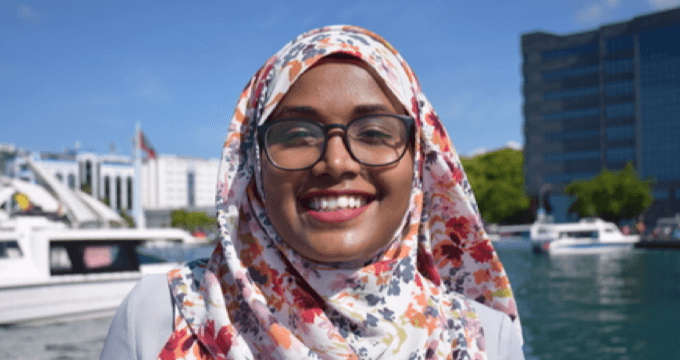
Gender equality is when men, women, and those identifying as other genders have the same opportunities, rights, and responsibilities. However, the world we live in today does not offer the same chances to women and non-binary people as it does to men. The degree of this inequality varies and is often a result of gender roles and stereotypes. These are the expectations and judgments placed on people identifying or perceived as a certain gender. Some examples of gender roles and stereotypes are that men are expected to be aggressive or dominant, strong, and providers for their families. Women, on the other hand, are expected to be accommodating, dainty, submissive and caregivers for their families.
Gender roles and stereotypes vary around the world and can be informed or reinforced by religious and cultural beliefs. Many cultures also recognize more than two genders or recognize transgender individuals and have done so for centuries. Tragically, everywhere in the world, individuals who do not meet the gender expectations placed on them by their community can experience violence, discrimination, and retaliation. UNFPA is working toward realizing gender equality across the world.
How does gender inequality show up in our lives?
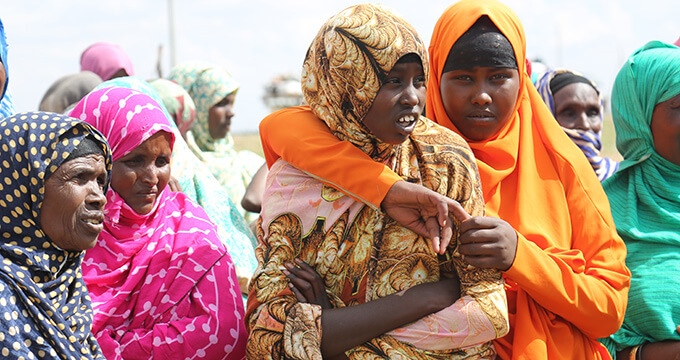
Gender inequality is pervasive, and generally is talked of in terms of the limitations placed on women and girls. However, these limitations also exist for non-binary people. Gender expectations negatively impact men, too. For example, men who feel they cannot express their emotions because of a gender expectation to be strong and stoic may develop mental health disorders or resort to abuse. Further, Black and Latinx non-binary and transgender people in the United States are murdered at a higher rate than cisgender people, or people whose gender identity aligns with their sex at birth.
Many women face the expectation to become wives and mothers and to perform domestic work like cleaning, cooking, and childcare. Women who go against these gender expectations and pursue higher levels of education, work outside the home, or who do not wish to marry or have children, may face discrimination or retaliation. For example, women’s rights champion Justice Ruth Bader Ginsburg was taunted by her male peers at Harvard Law because she was a woman. Later, she was also turned down for a coveted clerkship on the United States Supreme Court for the same reason.
Gender Inequality, an Intersectional Approach
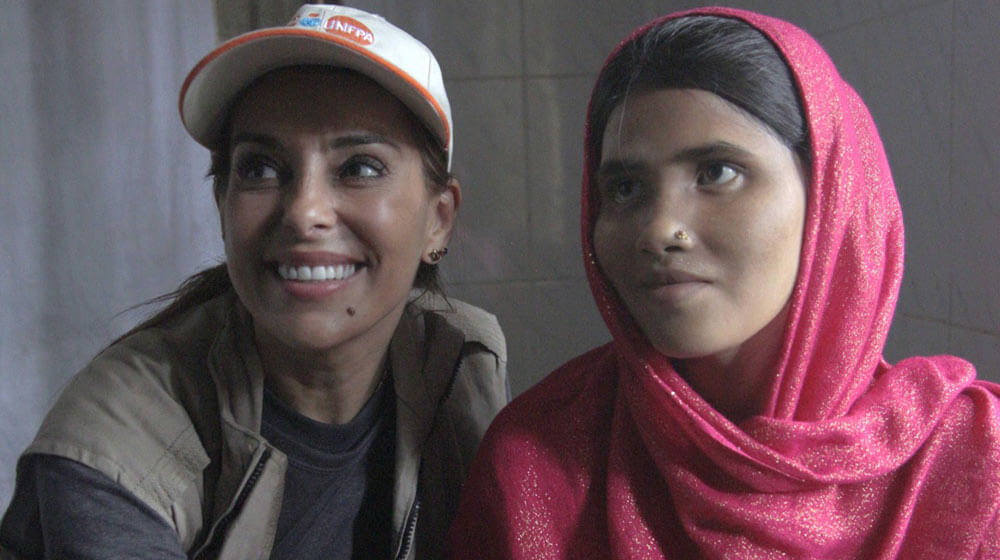
Different women can face different gender expectations, even in the same country. In the United States, Justice Ginsburg, a White woman, was limited by expectations of domesticity. However, Linda Taylor, a Black woman, faced expectations that she would work and was vilified in national media for not doing so. This happened even though she was battling a crippling mental health disorder. Taylor had been employed as a sex worker, but was arrested under laws that criminalize sex work.
Every day, women around the world continue to face gender discrimination. Expectations that women should be weak or submissive contribute to high rates of violence against women. For girls, expectations of modesty and chastity may limit access to comprehensive sexuality education. For women, expectations of motherhood may limit their access to family planning. Ideas about women and girls’ roles in the home limit their ability to seek education and employment elsewhere.
What is UNFPA doing to address gender inequality?
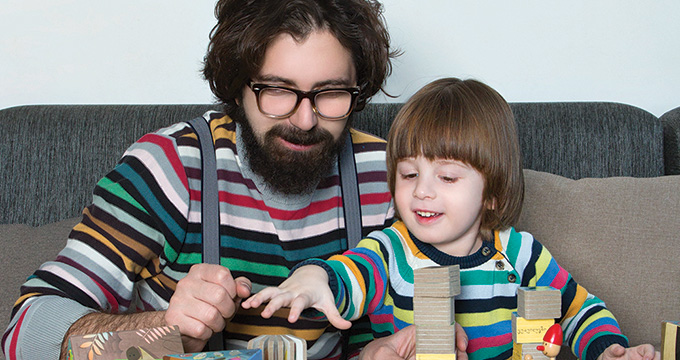
UNFPA works around the world to achieve gender equality by advocating for the sexual and reproductive health needs of women, girls, and LGBTQI individuals. UNFPA also engages men and boys on issues of gender equality. Here are some examples of UNFPA’s work:
Increasing Access to Information and Services
In the Maldives, sex before marriage is a crime and marriage is a requirement to access family planning. These laws are devastating to girls. Azlifa’s friend became pregnant and dropped out of school at just 11 years old. Now 26, Azlifa is a reproductive health educator with UNFPA. She empowers girls with information on their bodies and rights. The center also provides family planning and other sexual and reproductive health services.
Ending Female Genital Mutilation
Female genital mutilation (FGM) is an extreme form of violence against women, where a girl’s clitoris and/or labia are cut, pierced, or otherwise manipulated. FGM occurs out of false beliefs that the practice will purify women and girls, or will increase their fertility, or will prevent infidelity. UNFPA works to end FGM by working with community leaders to abandon the practice. In Kenya, for example, UNFPA worked with cutters to change their beliefs about women and girls and their understanding of FGM. Now, girls in that community do not have to worry about being cut.
Increasing Access to Family Planning
Dulene gave birth to two daughters, her and her husband decided to use family planning. However, Dulene’s in-laws demanded more grandchild and the pressure eventually ended her marriage. In the Somali region of Ethiopia where Dulene lives, many women do not access family planning because they are afraid their husbands will leave them if they do not have many children. To counter this intense expectation, Dulene and other UNFPA trained-advocates provide family planning information to women in the region. Dulene also encourages women to be independent from their husbands and to pursue economic opportunities.
Engaging Men and Boys
Women perform at least 2.5x as much unpaid housework and care work as men. With countless people at home under COVID-19 lockdown orders, demands on women’s time spent cooking, cleaning, and caregiving have increased. In Georgia, UNFPA worked with celebrity fathers to share videos of them caring for their children. The videos served a dual purpose—to encourage men to care for their children and to show women that they aren’t alone in household responsibilities.
What happens next?
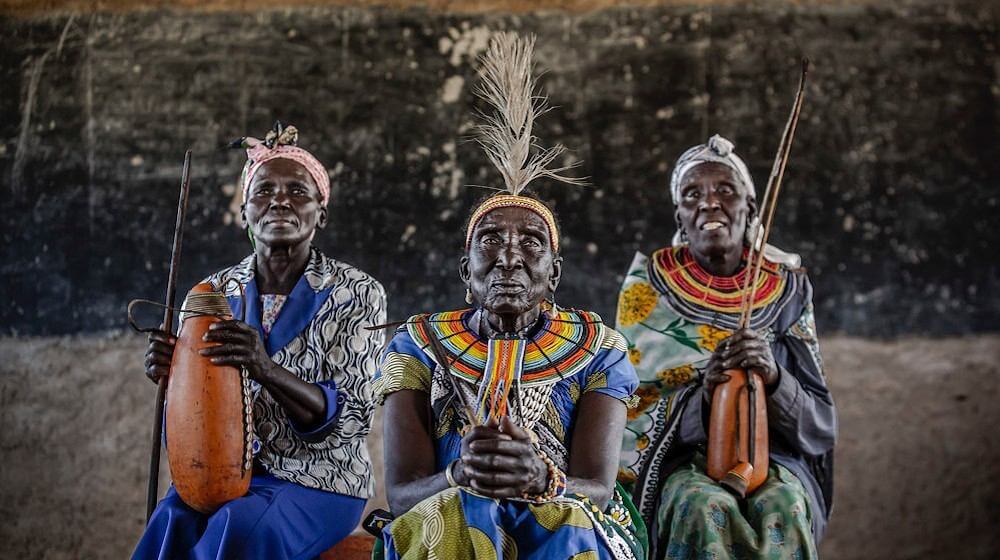
We are still a long way away from reaching gender equality. By some estimates, it could take another century before women and non-binary people have the same opportunities as men. The wage gap persists and women continue to be underrepresented in leadership roles. The COVID-19 pandemic is likely to have set us back even further, as demands on women’s caregiving increased, while protections for women have vanished. UNFPA continues to advocate for women and girls, including by supporting policies that address gender inequality. But to realize gender equality, we all must actively support the autonomy and safety women, girls, and LGBTQI individuals in the world and in our daily lives.
-Dana Kirkegaard